GWISP A Solution for Rural America

Rural Revitalization for America:
An innovative approach to rural revitalization holds the promise of bringing both environmental sustainability and economic revival to towns and regions in the area of the economically depressed, Mid-South Arkansas/Louisiana/Mississippi Delta. After five years of research and development this new approach to rural renewal from Green Wisdom, Inc. (GWI) challenges the status quo by interlinking and integrating solutions to today’s diverse economic, energy, and environmental problems. This unique approach is embodied in the Green Wisdom Sustainability Plan (GWISP), an eco-development system using science and technology for diversified local energy solutions, including waste-to-energy conversion. Designed to stimulate local economic recovery for rural revitalization, the plan vertically integrates solutions within a closed-loop system based on resources, conservation, commerce, and community.
Cotton Plan Community of the Future Model Heralds the New Era of the South for Rural Revitalization

Given its history of culture and industry, coupled with its abundant natural resources, it is only fitting that Cotton Plant, Arkansas be the model of green sustainable development. This once flourishing town will be the new community of the future and the model for the new era of the South. A century ago President Theodore Roosevelt said that without scientific management of our resources, America would fail to meet its future needs. And the need is now. Now is the time of personal, corporate, and community responsibility. Using the GWISP Plan and the concepts of sustainability and eco-industrialization, Cotton Plant has agreed to be the model for this new design for Rural Revitalization, The Greening of America is here and upon us; new products and services will be developed, manufactured, and used through vertical integration and the clustering or packaging of technologies. This passage from economic to eco-nomic will signal the new movement for renewing rural towns like Cotton Plant throughout America, moving, with technology, conservation, commerce, and sustainability – through responsibility – into the future.
Cotton Plant's History
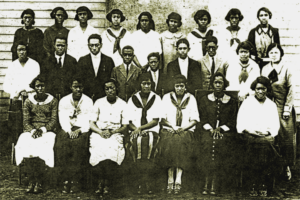
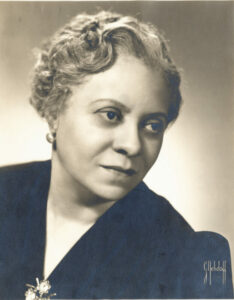
A hundred and twenty years ago Cotton Plant, Arkansas was a prosperous town for both white and black. It was then the seat of Woodruff County and boasted a population of over 2,500. It was particularly a center of education, industry, technology and culture for generations of African Americans. Nowhere was the rich history and culture of Black America better displayed than in this unique little gem. In the late Nineteenth Century Cotton plant was known as one of the most educated and cultural towns up and down the Mississippi.
Cotton Plant was also rich in musical heritage -Blues, Gospel, and Classical. Influential African Americans sent their children to Cotton Plant Academy where such greats as Florence B. Price, the first female African American composer to have works played by an American symphony orchestra and who composed over three hundred symphonies, trained students in musical composition.
Cotton Plant was home to legendary bluesman Peetie Wheatstraw, and a generation later, to Sister Rosetta Thorpe, who would go forth from Cotton Plant to spread her distinctive style of Gospel and Blues. But Cotton Plant was not only distinguished by music. Cotton Plant’s Arkadelphia Academy and Industrial School would later merge with Cotton Plant Academy, preparing thousands of young African Americans for life. Indeed, until the great racial migration of the early Twentieth Century, Cotton Plant was at its height the cultural, musical, agricultural and industrial Mecca for Black America. Its five cotton gins and its planing mill made it a center of local industry. And Cotton Plant spread its culture to many locations, such as Chicago, Los Angeles, St. Louis and New York City. In fact much of the Black cultural branches in these cities have their roots in Cotton Plant, and the blood of this old town still runs through Cotton Plant Clubs throughout the nation. Cotton Plant’s culture is celebrated once a year during the annual Cotton Plant Days, when over 5,000 people come back to pay homage to their roots.


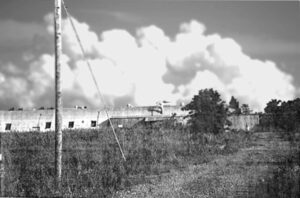
Cotton Plant Now
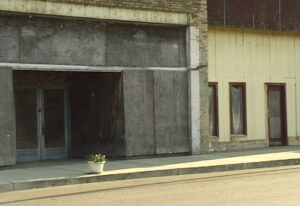
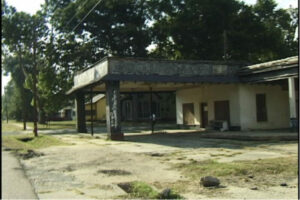
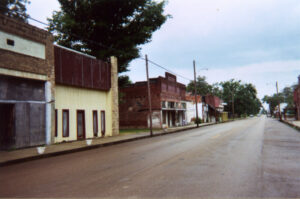
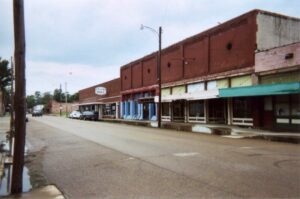
GWI has assessed the infrastructure of Cotton Plant. The town is in a medium-to-poor state. Its roads sewer system, buildings, and amount of unemployed are all perfect and ready to role-model. Because of the vast resources which surround it, Cotton Plant is the perfect prototype for Rural Revitalization for Eco-Industrial and sustainable development. City resolutions have been written and accepted, and the town will be the role model for the GWISP plan and for GWI’s green products and services for sustainability, including its evaluation, marketing, and management. GWI is a business focused on and committed to meeting the needs of America for today and tomorrow, using a community asset-based approach. GWI is dedicated to the philosophy of “Green Sustainability,” a concept which emphasizes integrating science, technology, resources, conservation, and environmental responsibility in the economic and daily lives of individuals and their communities. This concept has shaped GWI’s organizational structure and guides the company’s choice of products and services as well as its choice of collaborative relationships, including towns that cooperate and choose to develop using GWISP.
As the model community for GWISP, Cotton Plant will cluster and integrate science and technologies, modeling existing products on the marketplace, manufacturing new green construction materials, and developing a variety of energies through renewable resources and wastes. Through diversifying these sources, Cotton Plant will become a sustainable energy community, incorporating conservation and sustainability into its industrial, commercial, and daily life.
University Partners
 Arkansas State University’s Bioscience Institute has agreed to work with GWI and FOGA and act as the test research and study model site for the first clustering and integration of bio-energy conversions, which GWI will research and prove affordability, practicability and profitability, all while proving responsibility.
Arkansas State University’s Bioscience Institute has agreed to work with GWI and FOGA and act as the test research and study model site for the first clustering and integration of bio-energy conversions, which GWI will research and prove affordability, practicability and profitability, all while proving responsibility.

Worcester Polytechnic Institute In Massachusetts will be the second site of focus to study the system. In the Northeastern quadrant of the US, WPI will determine cold weather algae species and affordability and profitability.

University of Kentucky’s Chappell Laboratories will be working with genetic engineering regarding high-oil-yield and fast-growing species of algae.
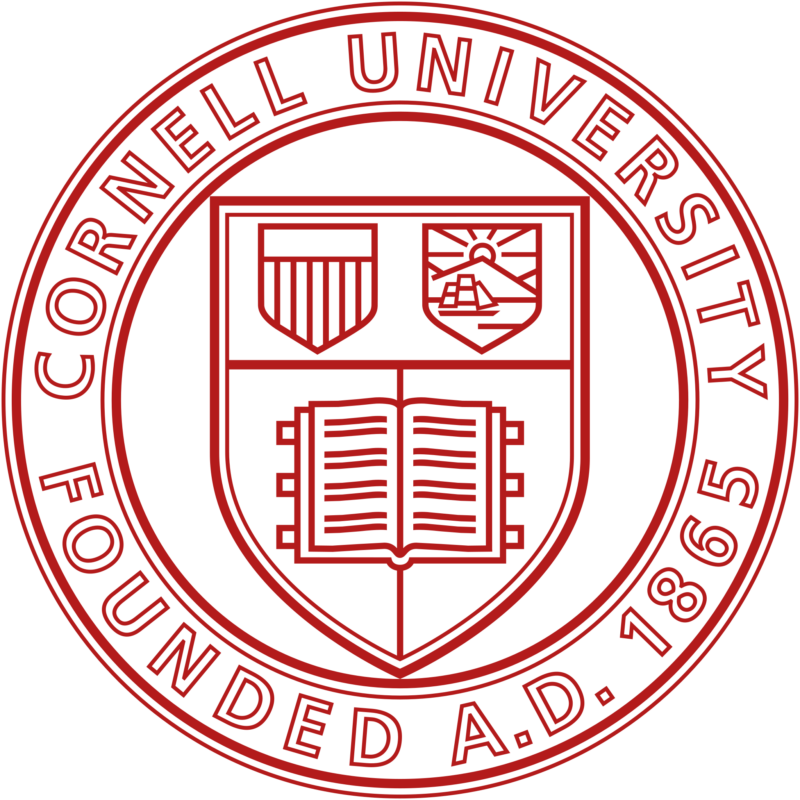
Cornell University has endorsed GWI and GWISP “which embody the principles of eco-industrial development promoted by Cornell University’s Work and Environment Initiative.”
GWISP's Proposed Closed-Loop Sustainability System for Cotton Plant
GWISP is an economic/energy system that uses waste streams, including CO2, to attain maximum sustainability. The process begins with an evaluation of any given town or region’s natural waste streams to identify wastes that could be used to customize an action plan meeting the community’s unique needs. Such an evaluation involves determining not only the viability of turning natural organic wastes into fuel, but also the potential for making use of resulting byproducts. GWISP’s approach is to be effective with the least amount of carbon footprint in its revitalization design.
The Cotton Plant model of our near closed-loop system will start with a catfish processing plant that will have 25 thousand pounds of catfish waste and 25 thousand gallons of wastewater per day. The technologies we are using will support the entire near closed-loop system with those raw resources. The cattish waste will go into an anaerobic biodigester to create methane which will be used to fuel the burners in the boiler system for our Expanded Polystyrene (EPS) manufacturing plant, and the water will go through a water reclamation system and the now-clear water will be used to create steam from the boilers in the EPS plant. The CO2 that is created in the boilers by the burning of the methane will be transferred to enclosed algae bioreactors, and the heated wastewater from the boilers will be used to keep the algae at a constant temperature between 90º and 104º, and the eluent from the anaerobic biodigester will be the nutrient for the algae to eat and grow on. The algae, once it is harvested, can be used in a variety of biofuels and processes. The oil can be taken straight out of the algae for biofuel, leaving the remainder of the biomass to be used with a variety of different technologies, such as burning it in a biomass steam plant, mixing it with other solvents and chemicals to go straight into engines, using it to create ethanol, or drying it and using it to feed livestock or as aquarium fish food. The waste heat from the boilers will also be used in the drying rooms of the EPS plant, helping cure the ICF and SIPs forms manufactured there.
In the region of Cotton Plant, Arkansas, waste (crop stubble) from cotton plants, rice, and soybean is plentiful, and a large catfish processing plant will produce steady streams of both fish waste and waste wastewater. GWI will transfer the wastewater into GSI’s patented wastewater treatment system – the Alternating Intermittent Recirculating Reactor (AIRR) system – which will produce reusable water with purity exceeding the EPA standard for recreational grade water. The catfish scraps and crop stubble are biowaste that FOGA will use as biomass — a renewable energy source — in the operations of its anaerobic biodigesters and biomass steam boilers. Using the most advanced science and cutting-edge technology, FOGA will turn biomass waste into fuel and byproducts, at the same time, capturing CO2 carbon emissions, reducing the amount of garbage going into landfills, and preventing carbon going into the air from industrial manufacturing, crop burnings, etc.
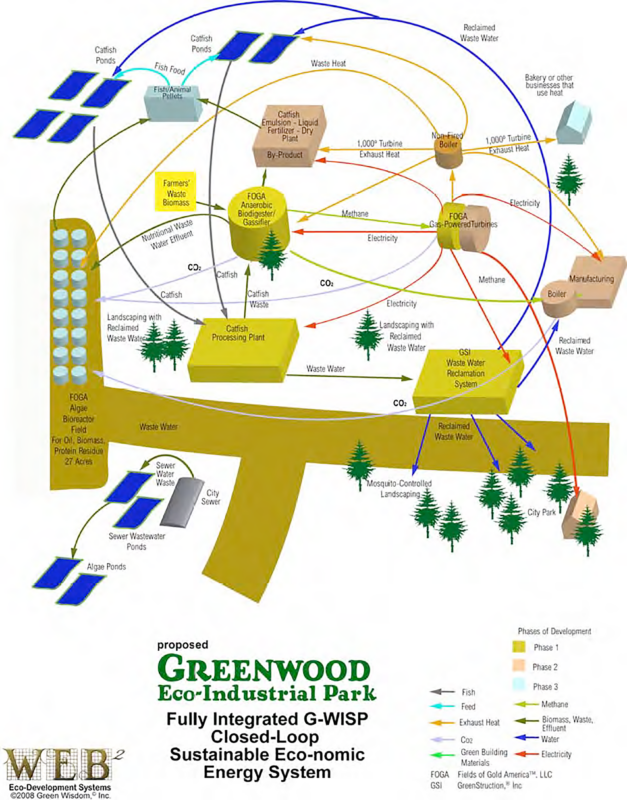
Management Green Wisdom Media, Inc

Paula Randol-Smith, Founder and President, GreenWisdom®, Inc. Paula Randol-Smith has been vibrantly committed to developing socially, environmentally and educationally significant projects throughout her 25-year career in the entertainment field. Socially and educationally, from environmental filmmaking to producing socially conscious programming and products, Paula demonstrates her deep commitment to making a difference in the world. A member of the Mid-South Delta Leaders, she is committed to the Delta region of the Arkansas, Mississippi and Louisiana. As creator of Green Wisdom and its subsidiaries and the author of the “Green Sustainability Plan”(which developed over five years of research), Paula feels the cornerstone of her personal and corporate responsibility is “giving back”.

Ronnie C. Conley, Mayor of Cotton Plant, Arkansas, Strategic Partner. Through Mayor Conley’s leadership and vision for economic recovery for his hometown of Cotton Plant, AR, he has aligned himself with the Green Wisdom Sustainability Plan. Being the son of the very first African-American mayor in Arkansas, history, Emmett J. Conley, he has followed in his father’s footsteps to create the town of the future, to bring in this New Era of the South with green sustainability. Mayor Conley and the Cotton Plant City Council have recently passed a city resolution to be the model community for the Green Wisdom Sustainability Plan.

James Heimler Vice President and Designer for Cotton Plant Sustainability, Board Member Multi-award-winning AP LEED certified (Leadership in Energy and Environmental Design) architect Jim Heimler has been involved in architecture for more than 35 years, has had his own company since 1985 and is one of the nation’s top sustainable design architects. His expertise extends over the full spectrum of architecture, including residential, commercial, institutional, industrial, and urban design. Jim creates architecture that is socially conscious and is sensitive to the environment.
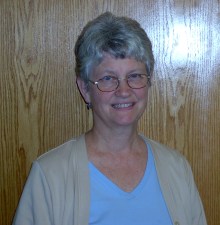
Professor Pamela Weathers, PhD. Algae Biotech Team, ABT Team leader.
Prof. Pam Weathers is a plant biologist in the Biology & Biotechnology Dept. at Worcester Polytechnic Institute. She has more than 30 yrs experience working on plants, roots, algae, and bioreactors. She has more than 75 peer-reviewed publications with >30 of those on bioreactors; she also has two patents with others pending. Since the early 1990s she has headed at WPI the Interdisciplinary Plant Research Group (IPRG), consisting of groups of plant biologists, chemical and mechanical engineers, physicists, and biochemists who band together to solve multidisciplinary problems related to plant biotechnology. In 2007 she took a 2 yr leave from WPI to lead the Molecular Biosciences PhD program at Arkansas State University and the Arkansas Bioscience Institute. She resumed full time faculty activities at WPI in August 2008. Prof. Weathers is the lead of a stellar team of biologists, and her credits are far too many to highlight here.

Joe W. Conner, Ph.D., Board Member.
Born in Cotton Plant, AR, Dr. Conner administrates the Pre-College Science Academy at Pasadena City College in Pasadena, CA (a spin-off from a six-year NASA outreach grant). He partners with diverse individuals, businesses, and agencies to help students and parents locate educational resources via various media, hands-on workshops/boot camps, and conferences. His resources provide updates on ways to locate paid internships, scholarships and jobs available in each state. His staff helps to inform students and families about resources and opportunities. Dr. Conner and his team mentor students and family participants so that they will freely share what information they receive.

Diane Miller – Public Relations
Diane Miller is an internationally recognized expert and thought leader in the social enterprise field. Her opinions and innovations have been sought after by multinational corporations, foundations, governments, non-governmental orgs and multilateral funding institutions. A highly successful business woman serving in the role as a connector of both concepts and sectors and a magnate of capital and other resources, she has been responsible for the galvanizing and disbursement of millions of dollars into directing the building of public-private collaborative initiatives with entities such as the Inter-American Development Bank, the Governments of Bermuda, The Bahamas and Jamaica. Diane’s early experiences in the field of entertainment as a creative producer and artistic director of her own legitimate theatre secured her visionary passion to venture into ground breaking and paradigm shifting domains. Utilizing savvy business precepts artfully combined with sound marketing concepts has been her proven pathway to launching new or burgeoning initiatives on the global stage. Today, she consults with a team of professionals who have dedicated their lives to the development of cross sector collaborations leveraging sound best business practices and proven partnership management while creating corporate investment in social entrepreneurship ventures on the Continent of Africa protecting the IP Rights of producers, growers and artisans. Con-currently she continues to provide her marketing expertise to the “Greening Leadership” of American enterprise. Diane brings over three decades of experience and a wealth of knowledge in government relations, marketing and public relations to her current global endeavors. The recipient of numerous awards and honors, Diane is a renowned public speaker, visionary and devoted champion of Women’s issues of equity and served an unprecedented six year term as President of the Women’s Legislative Coalition.
Endorsements
I am text block. Click edit button to change this text. Lorem ipsum dolor sit amet, consectetur adipiscing elit. Ut elit tellus, luctus nec ullamcorper mattis, pulvinar dapibus leo.